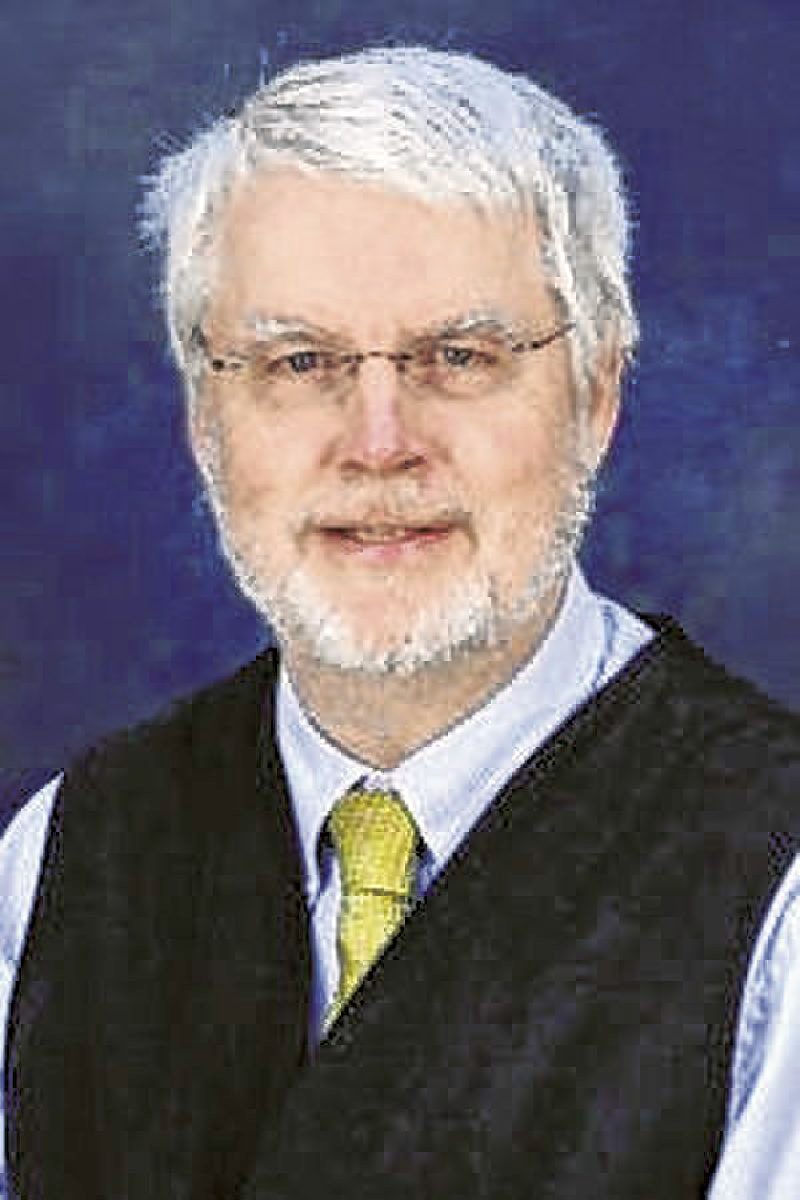We are living through a time when history is not just being made, but a time when history itself is up for debate.
What is the story we tell about the past, and who determines what story of the past we tell?
I read an article recently that described Pope Francis’ requests for forgiveness from indigenous peoples in Latin America. What the pope was repenting is the part the Catholic Church played in the Spanish conquest of Latin America and the destruction of indigenous cultures.
I have no problem with Pope Francis’ mea culpa offered on behalf of the Catholic Church. Conquest in the colonial period often involved genocide. The fact that Latin American countries have all achieved independence doesn’t mean that the indigenous peoples in these countries don’t still bear the wounds from the past.
But right-wing political groups in Spain have reacted quite differently. Refusing to follow the pope’s example, they have asserted vocally that the Spanish conquest of Latin America was a wonderful development in history. In their eyes, the Spanish conquistadors brought the superior values of Spain to Central and South America. In their eyes, colonization was a great chapter in Spanish history and a boon for the indigenous peoples of Latin America. In a sense, these groups are saying to the indigenous peoples, “Don’t expect us to ask for your forgiveness. You should thank us for conquering you.”
This is not a debate limited to Spain, the Catholic Church and the indigenous peoples of Latin America. I am writing this column on Columbus Day, but for many others, this day is Indigenous Peoples Day. Which is it for you?
Whatever your answer, nobody can say, “I celebrate both Columbus Day and Indigenous Peoples Day.” No, Oct. 11 is either a day celebrating the European “discovery” of the Americas, or a day of grief remembering the sins of genocide and cultural extermination done in the name of “Manifest Destiny.”
That an Indigenous Peoples Day even exists suggests that many Americans agree with Pope Francis in understanding that the past is not over until healing occurs. An image burned in my mind is that of Gen. Wesley Clark kneeling before Lakota Sioux elders in 2016, and asking for forgiveness for deeds committed by the U.S. military against native peoples. Did the general do something disgraceful, or did he crack open a door — a door to that moment that had never been opened?
The question I am posing in this column is not if you as a reader think the day will ever come when American presidents kneel before African-American leaders and ask not only for forgiveness, but guarantee reparations for centuries of free labor in the form of slavery. Nor am I asking if you think the day will ever come when American presidents on trips to Japan visit not just Tokyo, Mt. Fuji and automotive plants, but also travel to Hiroshima and Nagasaki to kneel in repentance.
I am not asking “if” you think American leaders will ever seek forgiveness for what our nation has done in the past. That is too easy a question, as it doesn’t ask anything of us.
I am asking if you think our nation’s leaders “should” admit past sins and seek forgiveness. That is the harder question, as it asks each of us to accept our part in healing the past.
David Carlson of Franklin is a professor emeritus of philosophy and religion. Send comments to [email protected].




